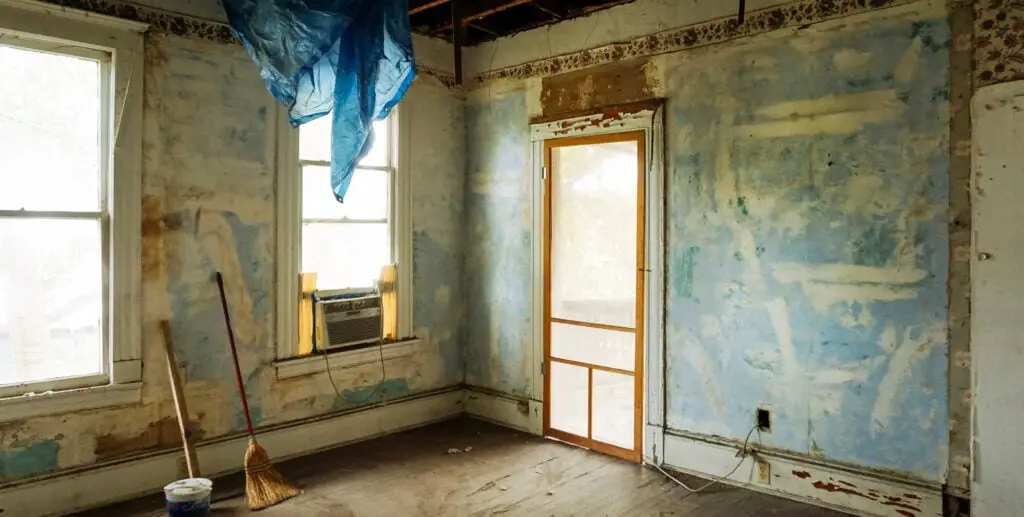
A major concern for Nicole is food. She’s lost 120 pounds (54kg) in the past two years.
“My body just shuts down if I try to eat – I have had to spit food out before because I’m too tired to chew it,” she explains.
Nicole’s GP has referred her to a nutritionist but she’s been waiting for almost a year.
She’s been told she lives in the wrong area for specialist ME care.
During the inquest into Maeve’s death, the coroner Deborah Archer said it became clear to her that there were no specialist hospital or hospices, beds, wards or other health care provision in England for patients with severe ME.
“Ninety-nine percent of people with severe ME are at home being looked after by relatives – bedbound, with limited communication and at risk of malnutrition,” says Dr Charles Shepherd from the charity ME Association.
“GPs really struggle to know what to do.”
“Hospitals are just not set up for it,” says Sonya Chowdhury, chief executive at Action for ME.
“Going into hospital is a major insult or trauma to the body and there is a lack of understanding of what is needed.”
The ME Association is calling for an audit to see how much of the NHS is providing the recommended care, as set out in guidance from the National Institute for Care and Healthcare Excellence (NICE).
Their guidelines say that adults with ME should be referred to a specialist team so that a care and support plan can be developed.
The people we spoke to said this doesn’t always happen.
Baroness Finlay of Llandaff was vice-chair of the committee who compiled the guidelines on ME care, but spoke to us in a personal capacity. She said there is some support for people but it’s “very patchy”.
“And the difficulty is that GPs may well not know what’s available – they are also inundated with work and need to know about all conditions.”
She said it’s a challenge to cater for all the health needs of a local population.
Some people find it difficult to travel, making it hard to have a specialist centre in a central location.
Baroness Finlay acknowledged it is difficult for people with severe ME to spend time on hospital wards because they are “not calm, peaceful places”.
“It is complex – you’ve got clinicians who are on their knees already. And the NHS estate is in a poor condition.
“You have to make the best of what you’ve got.”








